Section ONE: Pieces of Slave
This collects all of the chapters in Section ONE: Pieces of Slave on the anthropology of money and democracy. It also has the autobiographical preamble and the ideological prologue of my book, How to Dismantle an Empire.
In the first edition of my book, How to Dismantle an Empire, I told the story of how I came to write it. It started with a prophecy for my daughter that manifested in me. I talk about Food in the Hood, neighborhood charity dinners, and UniverseCity, neighborhood classes. I describe how Third Paradigm first became a radio show on a pirate station. I end by praising the caliber of my deep-thinking and well-informed readers, something I never could have imagined when I wrote this prologue and the common reaction to my book was a roll of the eyes or a pat on the head.
I give examples of seeing change where I never expected it, and letting go of things that someone else picks up and loves. Then I read the prelude to my book, How to Dismantle an Empire. I talk about rearranging the furniture of your mind and trying on paradigms like a new pair of glasses. I mention books that were a revolution-in-a-box. As the fulcrum on which the scale is tipping, you’re under a lot of pressure! Relax your activism and take care of yourself.
"Humanity is divided into two: the masters and the slaves; or, if one prefers it, the Greeks and the Barbarians--those who have the right to command; and those who are born to obey." Aristotle
I read Chapter One of my book, How to Dismantle an Empire. I describe the origins of democracy in ancient Greece as a shrewd move by the archons to quell rebellion. Greek democracy was a pretty word laid over systemic violence. When debt and slavery had reached a boiling point and commoners threatened to unite, this was a concession that divided farmers against the landless, soldiers against the colonized, and citizens against the enslaved.
Paradigm Shift #1
Democracy was invented, not for rule by the people, but to preserve the class structure by allowing social mobility based on accumulated wealth rather than inherited wealth only. Those who produce the wealth, or whose labor backs the wealth, are often excluded from participation.
I read Ch 2 of my book, How to Dismantle an Empire, on the origin of money. Citing David Graeber's Debt, I look at the military-coinage-slavery complex and the myth of barter. I explain the gift economy that preceded money, in which relationships were valued above a bargain/ barter-gain. Religions of altruism are seen as a reaction to market-based greed. I conclude that money, from its inception, was trade in pieces of slave and that coinage coopted us into being shareholders in conquest.
Paradigm Shift #2A
Money is not a unit of trade; it's trading in pieces of slave—a vast machine for extraction, an empire chip to reward collaboration. Money is a mere symbol whose function can be determined by looking at the flow of goods: beneath the symbol, there is no trade.
Paradigm Shift #2B
Greed and charity replaced an everyday reciprocal generosity based on mutual cooperation. Greed and charity arose together after money had divided people into the haves and have-nots.
Chapter Three of my book, How to Dismantle an Empire, shows how slavery subjugated whites before it subjugated blacks. Slavery was not about race but about economics. Racism was a result of slavery, slavery was not a result of racism. I look at the 1600's with the 'kid nabbing' of Irish children, and 'transportation' of rebels. I quote from Derrick Jensen, Eric Williams, David Graeber, Don Jordan & Michael Walsh, John Isbister and Kate McCafferty.
Paradigm Shift #3
Slavery subjugated whites before it subjugated blacks. Slavery was not about race but about economics. Racism was a result of slavery, slavery was not a result of racism. Slavery chews up land and spits out people: white, black, brown, yellow, red.
Ch 4 of How to Dismantle an Empire debunks the triangular slave trade as neither triangular nor trade. It looks at how small merchants were all invested in slave ships and small farmers were unable to compete with large plantations. Quotes from Eric Williams in Capitalism & Slavery and Adam Hochschild's Bury the Chains, telling how 12 men ended the slave trade. Ending the system where the financiers own all of us is yet to be done.
PARADIGM SHIFT #4
It isn't possible to compete with slavery. As long as the products of slave labor are on the market, no free person can make an honest living by farming or producing because the only way to obtain a livable income is by serving the slaveowning class. Moreover, speculation in the peripheral functions of slaveowning, such as commerce, becomes a necessity for middle-class security. Greed becomes survival.




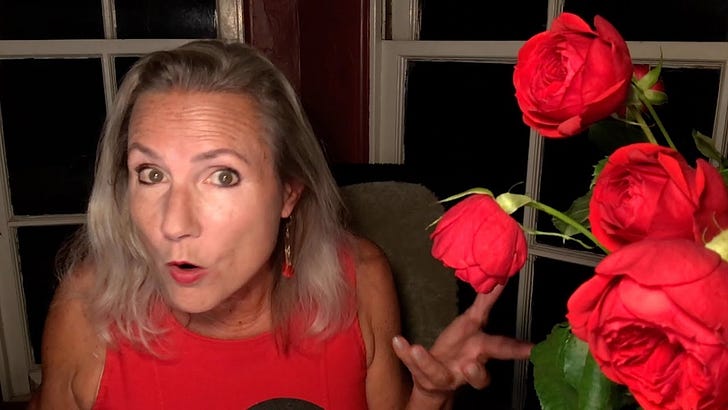
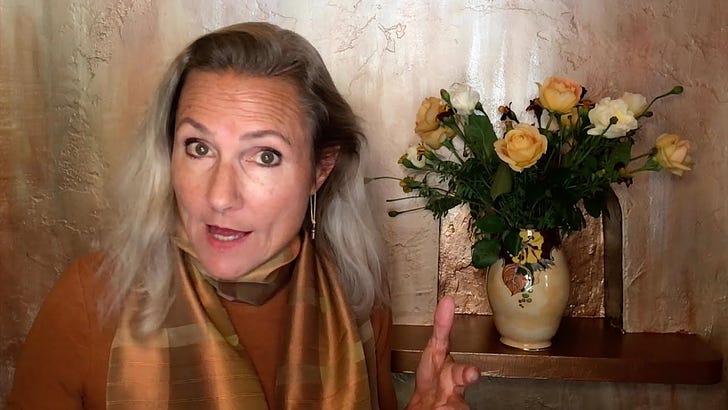
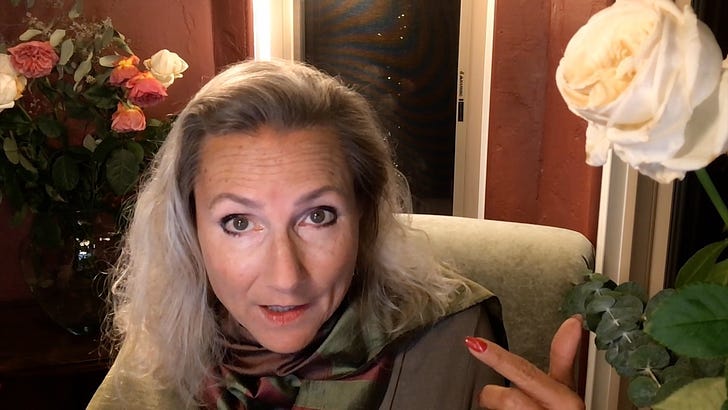
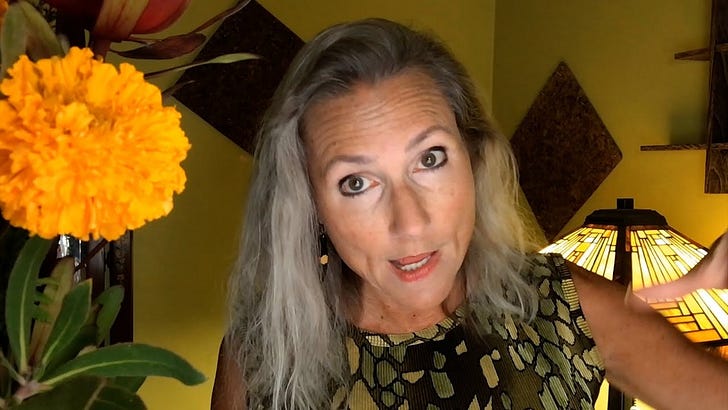
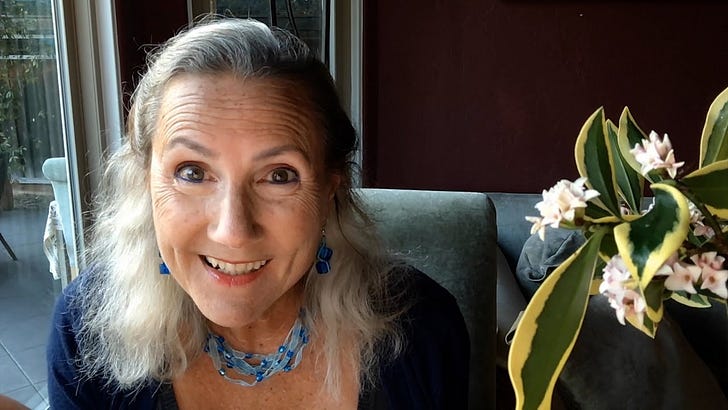
I was just thinking of your book and the Caret system this morning as I watched the following, particularly at around 28:40 where he outlines Point #4: “The creation of ["something like"] a barter system, facilitated by interconnected central hubs (one in each community?)”
I think this hazy spot is where “something like” your Community Caret system would slot right in
• A Call to Return to the Land - AshaLogos
https://rumble.com/v6norvx-a-call-to-return-to-the-land.html
.
Highlights from my notes:
Eric Williams
"Capitalism and Slavery" (1944)
https://archive.org/details/capitalismslaver00will_1
Re the economic advantages of slave labor, especially the large scale production of sugar, cotton, and tobacco.
See also
references to
"financial capitalism"
aka
debt slavery by feudal monopoly
in
Carroll Quigley
"Tragedy And Hope: a history of the world in our time" (1966)
.
Quote:
..................
The powers of financial capitalism had a far-reaching aim, nothing less than to create a world system of financial control in private hands able to dominate the political system of each country and the economy of the world as a whole. This system was to be controlled in a feudalist fashion by the central banks of the world acting in concert, by secret agreements arrived at in frequent meetings and conferences.
.....................
feudalism =
the dominant social system in medieval Europe, in which the nobility held lands from the Crown in exchange for military service, and vassals were in turn tenants of the nobles, while the peasants (villeins or serfs) were obliged to live on their lord's land and give him homage, labor, and a share of the produce, notionally in exchange for military protection.
..............
Can you see how modern practices of property tax and bank mortgage based on producing money from thin air resemble feudalism?
"Something is rotten in the State of Denmark."
-Hamlet
"You ain't just whistling 'Dixie,' brother."
-mark spark
[ :-)
PS
OK, so my mentor was Bugs Bunny.
[ :-)
BTW
Ask a judge on the "bench" sometime whether he is an agent of the Crown.
"Crown" (19th Century) =
The crown agencies also became financial institutions, supplying capital, routes for investment, and pensions to all public works and government in British dependent colonies
........
In German, the word "Bank" can mean both "bank" (financial institution) and "bench" (long piece of seating furniture), highlighting the shared etymological roots.
.